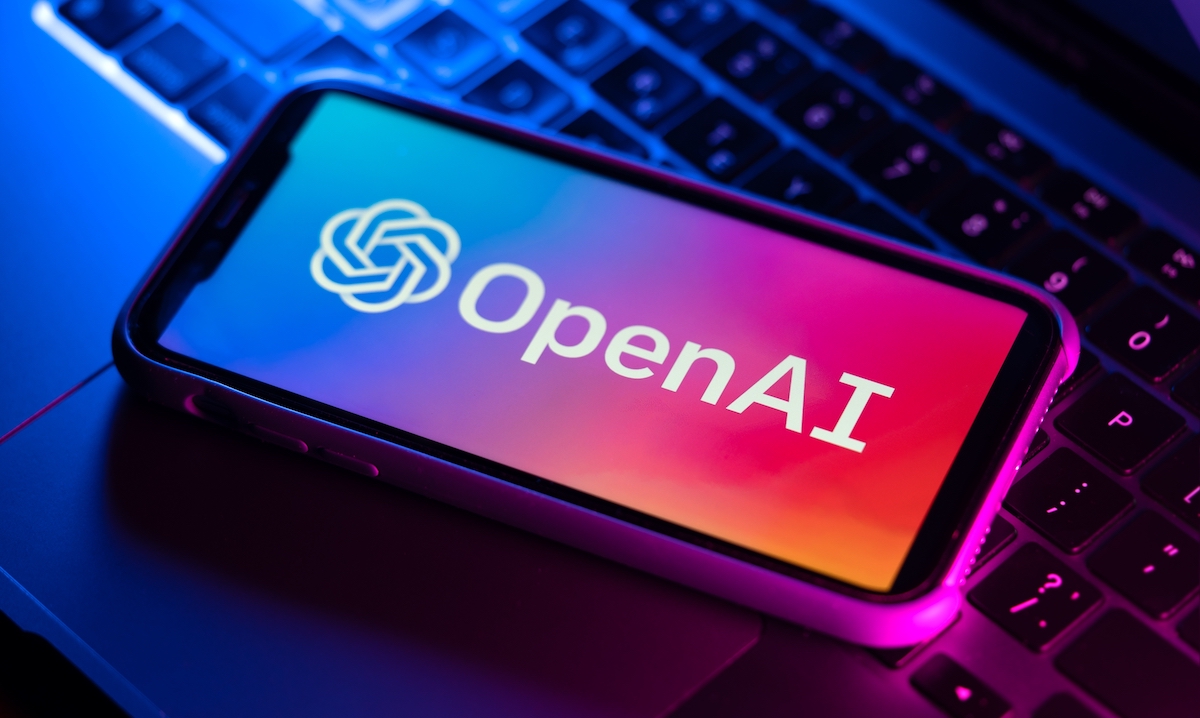OpenAI has recently addressed a significant security vulnerability in ChatGPT that exposed user email data, particularly from Gmail accounts. This flaw, identified by researchers at the cybersecurity firm Radware, was associated with a ChatGPT agent known as DeepResearch, which was launched in February. According to a Bloomberg report on September 18, 2023, hackers could have exploited this vulnerability to gain unauthorized access to sensitive data without the need for users to click on any malicious links.
### Overview of the Vulnerability
The issue posed a serious risk to both corporate and personal Gmail accounts. Researchers from Radware discovered that the vulnerability could potentially allow hackers to extract sensitive information, raising alarms about the safety of users’ data. Importantly, Radware noted that there was no evidence suggesting that this flaw had been actively exploited before it was patched. OpenAI confirmed that it had addressed the vulnerability on September 3, showing prompt action in response to the findings.
An OpenAI spokesperson commented that the safety of its models is of utmost importance and that the company continually seeks to enhance its defensive measures against potential exploits. This proactive response is crucial in a landscape where AI tools are increasingly being weaponized for malicious purposes.
### Implications for Cybersecurity
Pascal Geenens, Radware’s director of threat research, highlighted that the vulnerability presented an insidious threat. Unlike traditional phishing attacks, where users must engage with a malicious element, this flaw could allow data breaches to occur silently. This means that businesses might remain unaware of compromised information until much later, if at all.
This breach underscores a pivotal shift in how cybersecurity threats are being conceived and managed. Traditional defense mechanisms may not suffice against the evolving landscape of AI-driven threats. This is particularly pertinent for corporate entities that handle sensitive data and rely heavily on cloud-based services, such as Gmail.
### The Role of AI in Cybersecurity
The incident has sparked discussions about the dual-edged sword that AI represents in cybersecurity. While AI tools can enhance malicious endeavors, they are also becoming instrumental in defense strategies. Google, for instance, has introduced its autonomous systems capable of identifying and neutralizing threats in real-time with minimal human intervention. Sundar Pichai, Google’s CEO, indicated that their AI agent, Big Sleep, successfully detected and prevented an imminent exploit, marking a potential milestone in the application of AI for cybersecurity.
This evolution beckons new considerations for business leaders, particularly Chief Information Security Officers (CISOs) and Chief Financial Officers (CFOs). The advent of AI-driven threat detection systems raises critical questions: Are organizations prepared for machine-speed defenses? What might the economic implications of such systems be?
### Shifts in Cybersecurity Economics
For CISOs, the emergence of AI-first prevention platforms suggests a necessary shift in the approach to threat management. These automated systems do not wait for alerts; they proactively seek vulnerabilities in code and configurations, performing real-time risk mitigation. This capability represents a transformative approach, making it essential for security leaders to adapt quickly.
CFOs, on the other hand, must begin to reassess the economic frameworks of cybersecurity. The potential for AI-driven prevention to be both scalable and cost-effective might reduce the reliance on traditional human-powered security measures. However, concerns around accuracy and accountability remain pertinent; inaccurate AI actions could lead to devastating consequences.
### OpenAI’s Commitment to Security
OpenAI’s swift response to the vulnerability demonstrates a commitment to user safety and the integrity of its systems. Continuous improvement in security standards is crucial in maintaining user trust, particularly in platforms that manage sensitive data. The measures taken to patch the flaw in DeepResearch highlight an essential practice within technology companies: a proactive and adaptive security posture is vital in combating emerging threats.
The ongoing dialogue surrounding AI in both offensive and defensive capacities illustrates the complexities inherent in modern cybersecurity. As AI technology evolves, so will the tactics employed by cybercriminals, necessitating innovation and adaptation from defense systems.
### Conclusion
The recent revelation about OpenAI’s security vulnerability is a reminder of the continuing battle between cybersecurity measures and malicious actors. Companies must remain vigilant and responsive to potential threats, employing advanced technology to safeguard user data effectively. As AI continues to shape the landscape of cybersecurity, it offers both challenges and opportunities. Engagement with researchers, like those at Radware, can help companies enhance their defenses while remaining aware of the emerging threats posed by an increasingly sophisticated digital environment.
In this context, businesses must prioritize collaboration, adaptability, and the implementation of AI-driven security measures to ensure comprehensive protection against vulnerabilities. OpenAI’s actions serve as a crucial case study in addressing security challenges in real-time and highlight the importance of continuous vigilance in safeguarding user data.
Source link










